13 Vegetables That Pack More Nutrients Than You Realize
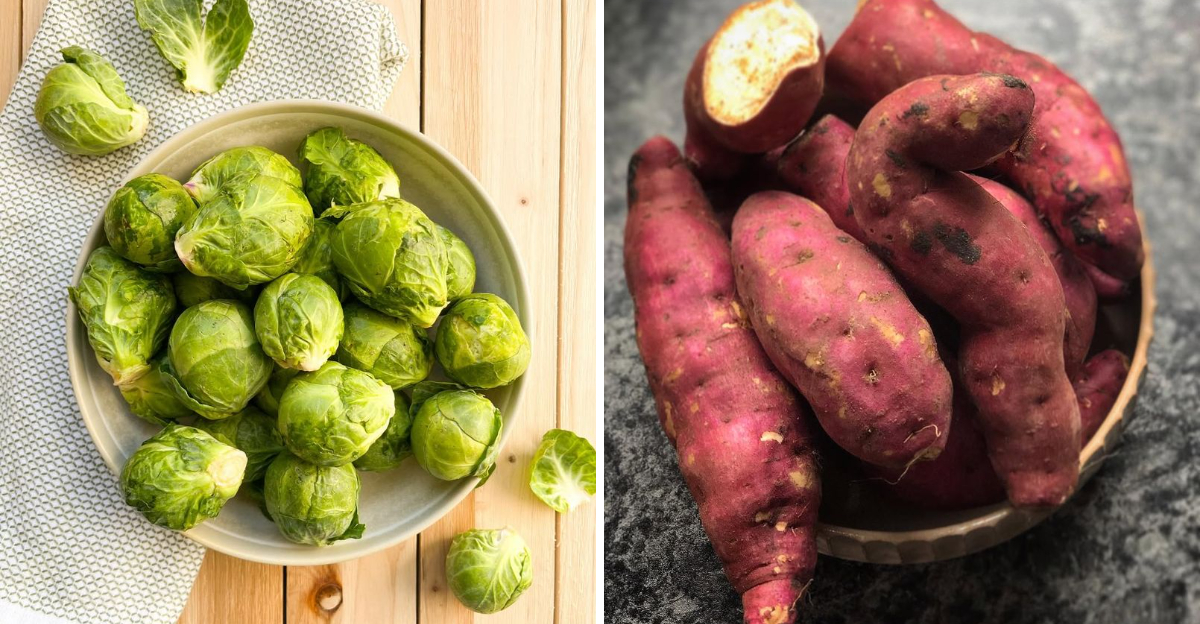
Vegetables are often underestimated in their ability to provide a powerhouse of nutrients essential for our health. Many are aware that greens are good, but the extent of benefits they offer can be surprising. Here’s a spotlight on 13 vegetables that might just pack more nutrients than you’ve ever imagined.
1. Kale
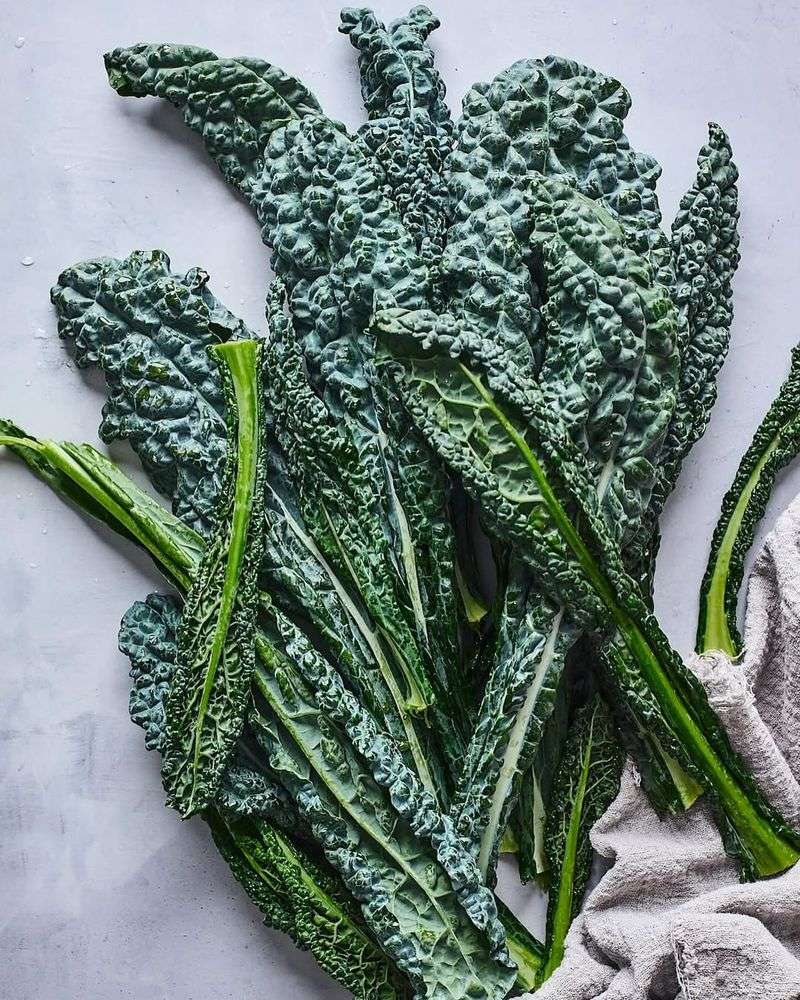
Kale is a leafy green vegetable known for its high nutrient density. Packed with vitamins A, K, and C, it also boasts a generous amount of calcium. This makes it excellent for maintaining bone health. Its antioxidants provide anti-inflammatory benefits, promoting heart health. Incorporating kale into your diet can be easy. You can add it to your smoothies for a nutritious boost or sauté it as a side dish. It’s versatile, making it a popular choice for health enthusiasts. Discover its benefits by trying out kale chips for a delightful and healthy snack.
2. Spinach
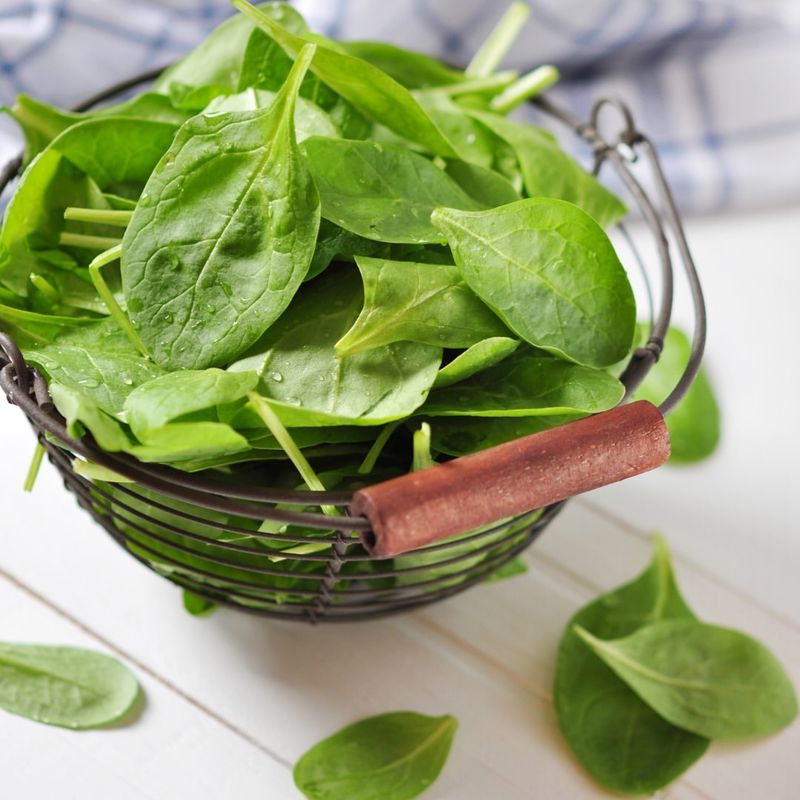
Spinach is not just for Popeye; it’s packed with essential nutrients. Rich in iron, it supports energy production and reduces fatigue. The vitamins A and C in spinach promote healthy skin and hair. For those watching their weight, spinach is low in calories yet high in fiber, aiding digestion. Integrate spinach into your meals by adding it to salads or blending it into green smoothies. You can even incorporate it into omelets for a tasty breakfast option. Its versatility ensures it can be included in various dishes, making it a dietary staple.
3. Broccoli
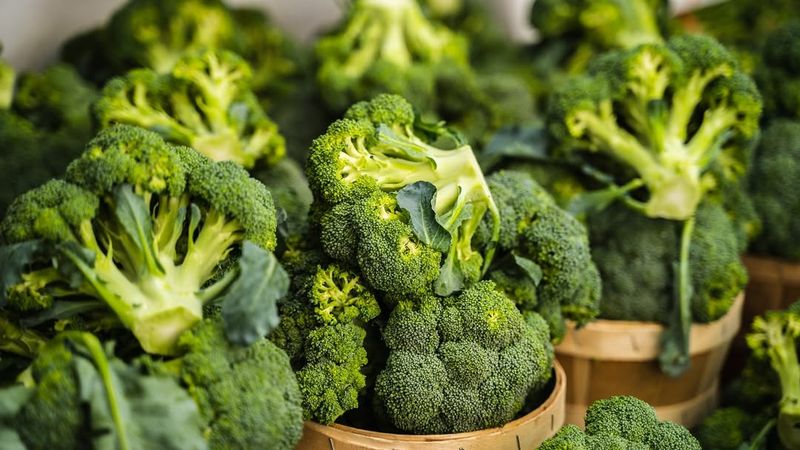
Broccoli is a cruciferous vegetable that offers an array of health benefits. It contains sulforaphane, which may reduce cancer risk. High in fiber, it supports digestive health and helps maintain a balanced diet. Broccoli is also rich in vitamin C, bolstering the immune system. Enjoy it steamed, roasted, or in stir-fries for a nutritious addition to meals. Its unique flavor complements many dishes, providing a satisfying crunch. Try broccoli in your next salad for an extra boost of nutrients. Its health benefits make it a worthwhile addition to any meal plan.
4. Sweet Potatoes

Sweet potatoes are more than just a tasty treat; they are nutritional powerhouses. Rich in beta-carotene, they support eye health and boost the immune system. With their high fiber content, they aid digestion and promote a feeling of fullness. Sweet potatoes are versatile and can be baked, mashed, or roasted. They make an excellent alternative to traditional potatoes, offering a sweeter flavor profile. Consider making sweet potato fries for a tasty snack. Their natural sweetness pairs well with various flavors, making them a favorite in many cuisines.
5. Carrots

Carrots are celebrated for their high vitamin A content, which is crucial for maintaining good vision. Their beta-carotene content also supports immune function and skin health. Carrots are versatile, adding a sweet crunch to a variety of dishes. Enjoy them raw as a snack, or roast them to enhance their natural sweetness. Carrot juice is another way to enjoy their benefits. Incorporating carrots into your meals can help you achieve a balanced diet. Their vibrant color and sweet taste make them appealing to both children and adults alike.
6. Brussels Sprouts
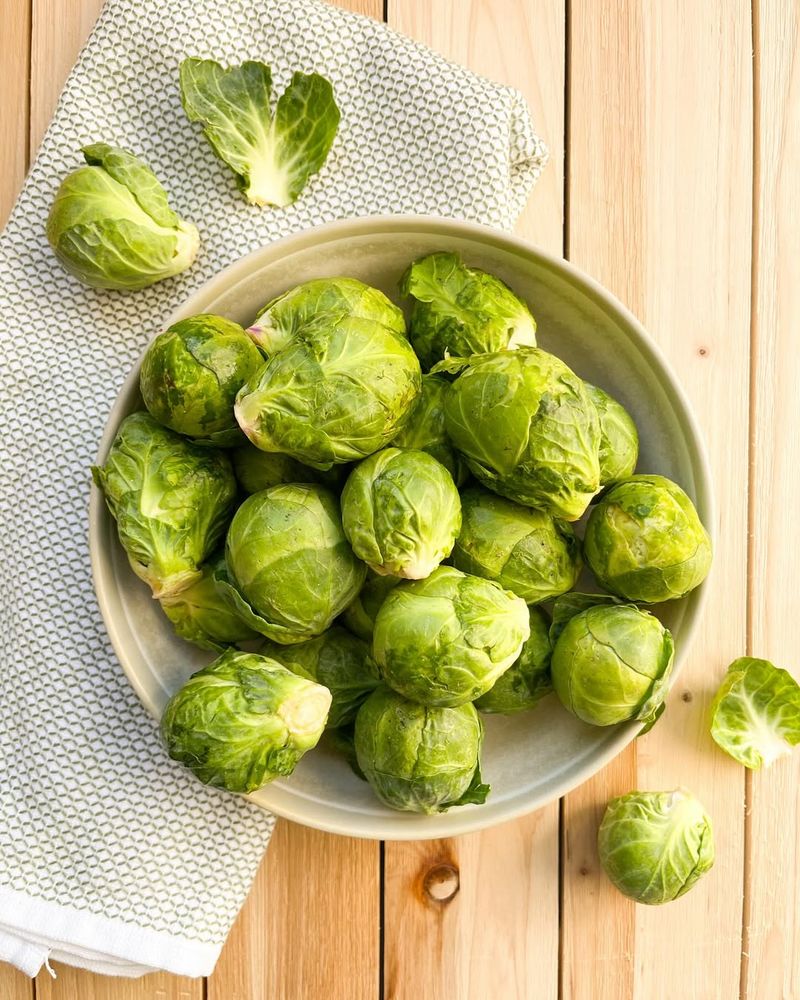
Brussels sprouts may not be everyone’s favorite, but their health benefits are undeniable. They are packed with vitamins K and C, which are essential for bone health and immune function. Their high fiber content supports digestive health and helps maintain a healthy weight. You can roast Brussels sprouts with olive oil and garlic for a delicious side dish. Their nutty flavor emerges when cooked, making them a delightful addition to meals. Try adding them to salads for an extra crunch. Their nutritional profile makes them a great choice for a balanced diet.
7. Bell Peppers
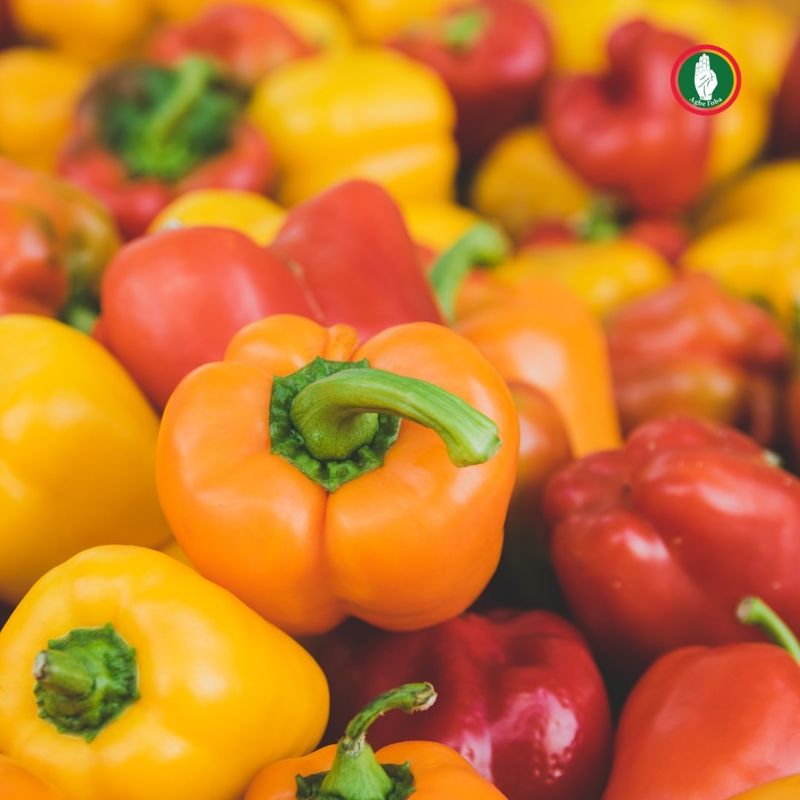
Bell peppers are vibrant and packed with nutrients. Rich in vitamin C, they enhance immune function and skin health. Their antioxidant properties help fight inflammation. Low in calories, they are an excellent addition to any meal plan. Enjoy them raw in salads or cooked in stir-fries for a burst of flavor. Their sweet and crunchy texture makes them popular among both children and adults. Experiment with stuffed bell peppers for a nutritious meal option. They are also great for snacking, providing a satisfying crunch without extra calories.
8. Asparagus

Asparagus is a springtime favorite that offers numerous health benefits. It’s rich in folate, essential for cell growth, and contains vitamins A, C, and K. Asparagus is also a natural diuretic, helping reduce bloating. This versatile vegetable can be grilled, roasted, or steamed. It makes an elegant side dish or can be added to pastas and salads. Its delicate flavor pairs well with a variety of ingredients, making it a culinary favorite. Try wrapping asparagus spears in prosciutto for a tasty appetizer. Its nutritional benefits are impressive, making it a wise choice.
9. Cauliflower
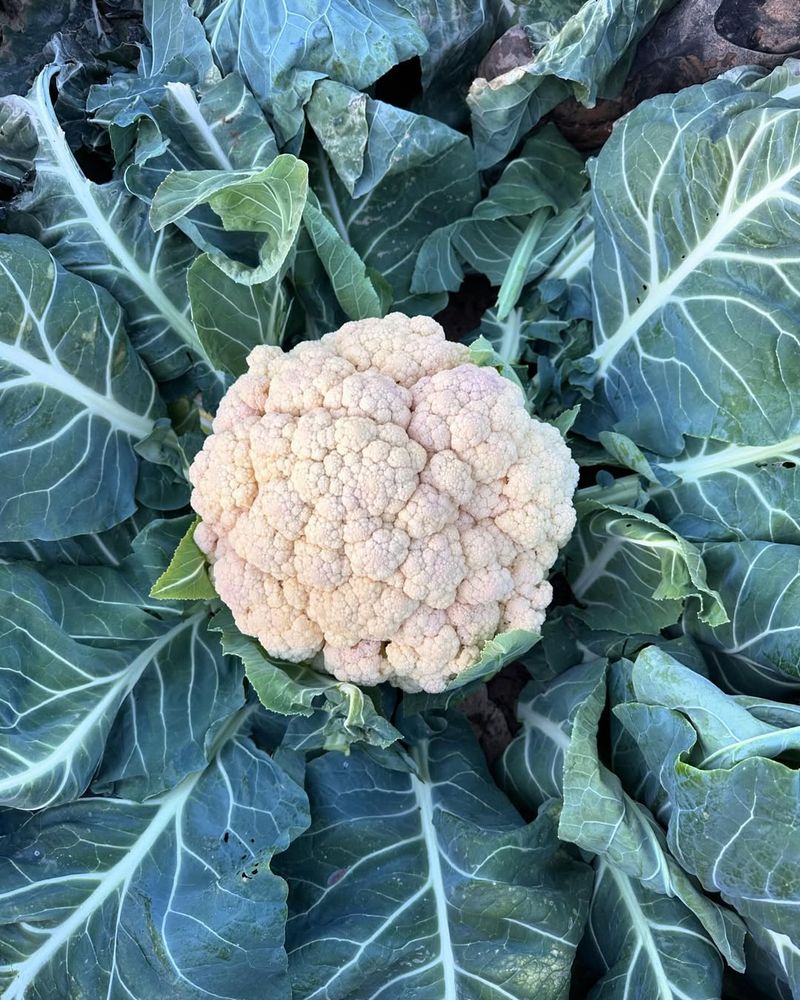
Cauliflower is a versatile vegetable that can be transformed into various dishes. It’s low in calories yet high in vitamins C and K. Its fiber content supports digestion and helps maintain a healthy weight. Cauliflower can be roasted, mashed, or even turned into rice or pizza crust. It’s a great low-carb alternative to grains, making it popular among those following keto diets. Experiment with cauliflower steaks or cauliflower cheese for a unique dish. Its mild flavor allows it to blend seamlessly into various recipes, making it a kitchen staple.
10. Zucchini
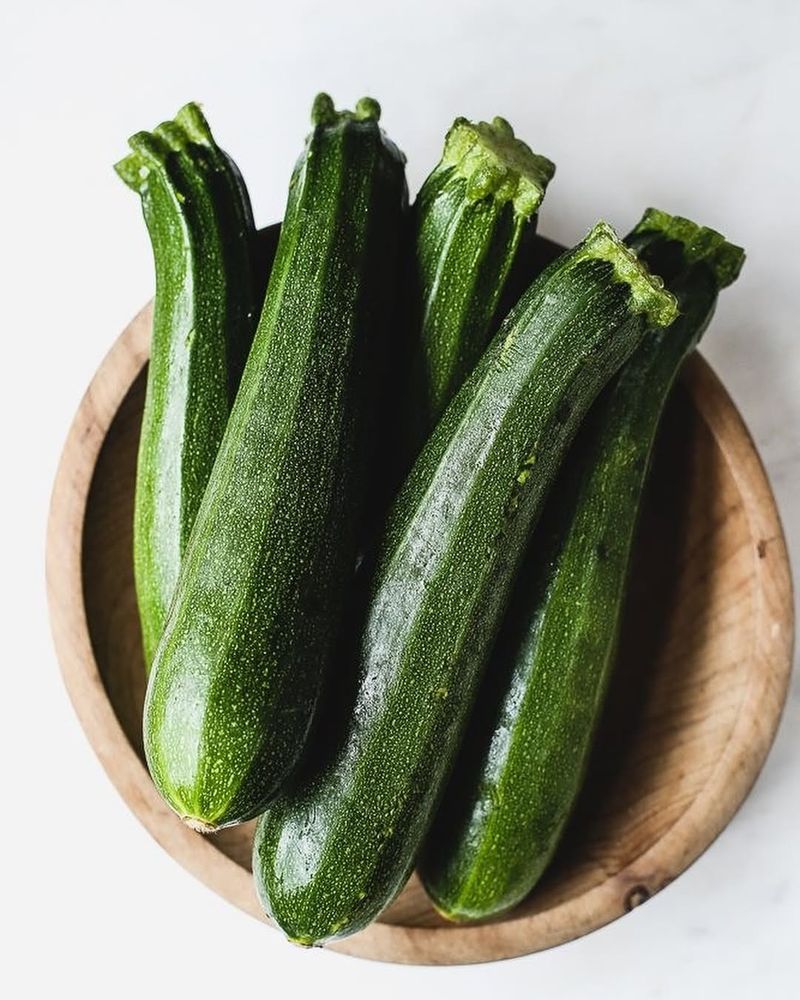
Zucchini is a summer squash that offers numerous health benefits. It’s low in calories and high in antioxidants, which support overall health. Zucchini is also a good source of vitamin C and potassium. Its high water content aids in hydration and can help in weight management. Grill or sauté zucchini for a quick and delicious side dish. You can also spiralize it into zoodles as a healthy pasta alternative. Its mild flavor and versatile nature make it a favorite in many kitchens. Try adding zucchini to baked goods for added moisture.
11. Eggplant
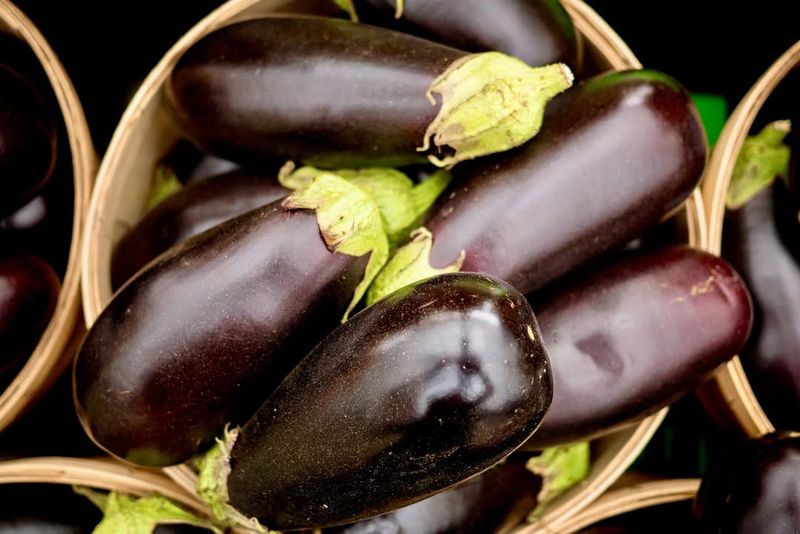
Eggplant is often overlooked but packs a punch in terms of nutrients. It’s rich in fiber, aiding digestion and promoting satiety. Eggplant also contains antioxidants, which protect cells from damage. Its versatility allows it to be grilled, roasted, or used in stews. Try using eggplant as a meat substitute in dishes like eggplant parmesan. Its unique texture and flavor make it a culinary delight. Incorporating eggplant into your diet can enhance the nutritional value of your meals. Its deep purple color is a vibrant addition to any dish.
12. Beetroot
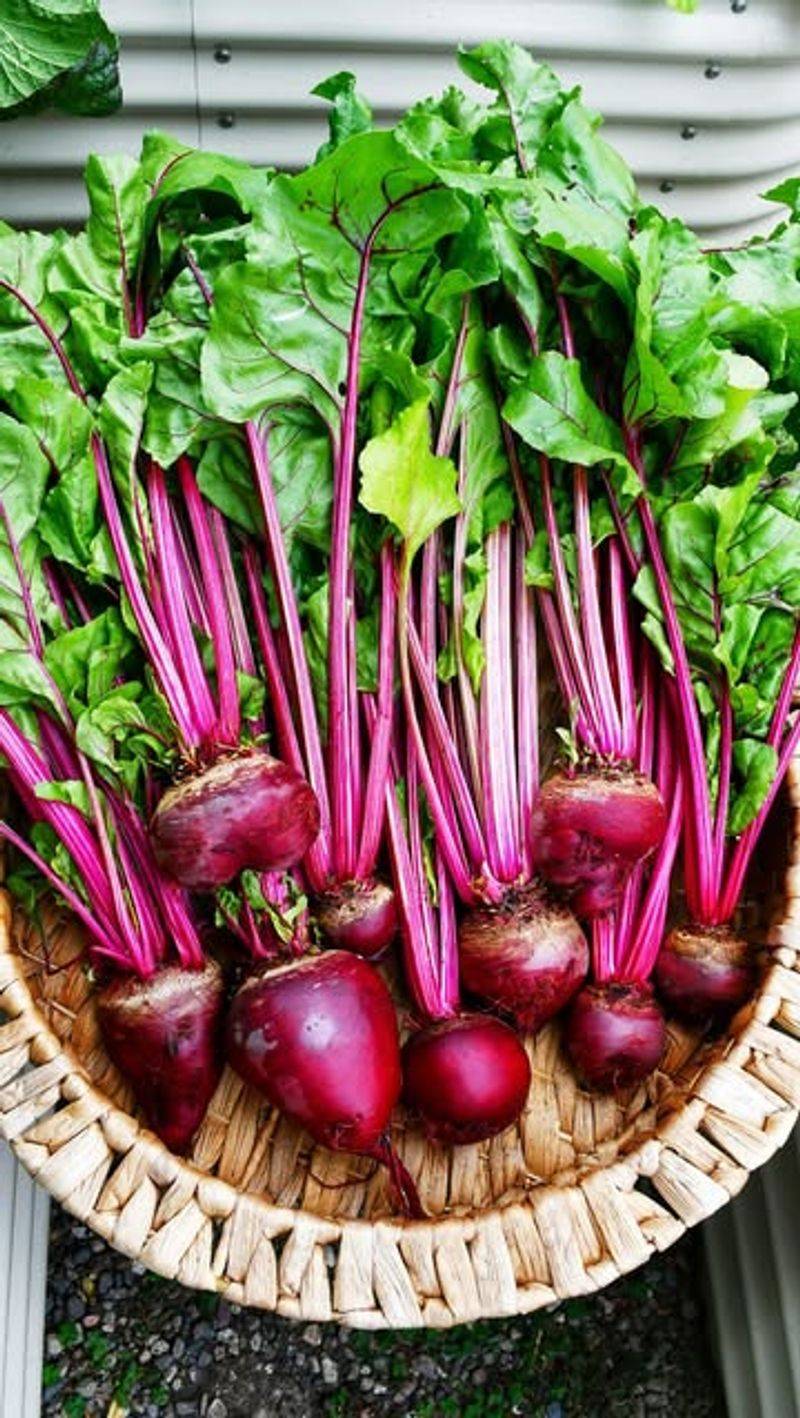
Beetroot is a vibrant root vegetable known for its high nutritional value. It’s packed with vitamins and minerals, including folate, manganese, and potassium. Beets are also rich in nitrates, which can improve blood flow and lower blood pressure. Enjoy beets roasted or as a salad topping. You can even juice them for a refreshing drink. Their natural sweetness pairs well with savory dishes. Beets are also known for their detoxifying properties, making them popular in cleansing diets. Their bright color and earthy flavor make them a distinctive addition to meals.
13. Cabbage
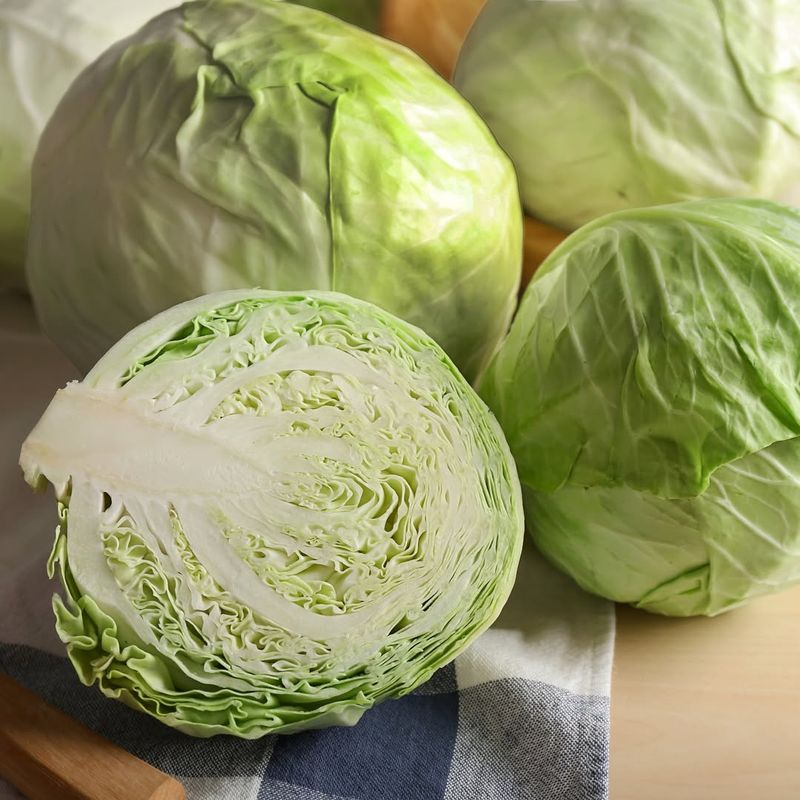
Cabbage is a leafy vegetable that offers numerous health benefits. Rich in vitamins C and K, it supports immune function and bone health. Its high fiber content aids digestion and promotes a healthy weight. Cabbage can be eaten raw in salads or fermented into sauerkraut for additional probiotics. It can also be cooked into soups or stir-fries for a nutritious meal. Its crunchy texture and mild flavor make it versatile for various dishes. Experiment with cabbage rolls or coleslaw for a tasty treat. Adding cabbage to your meals can enhance their nutritional value.
